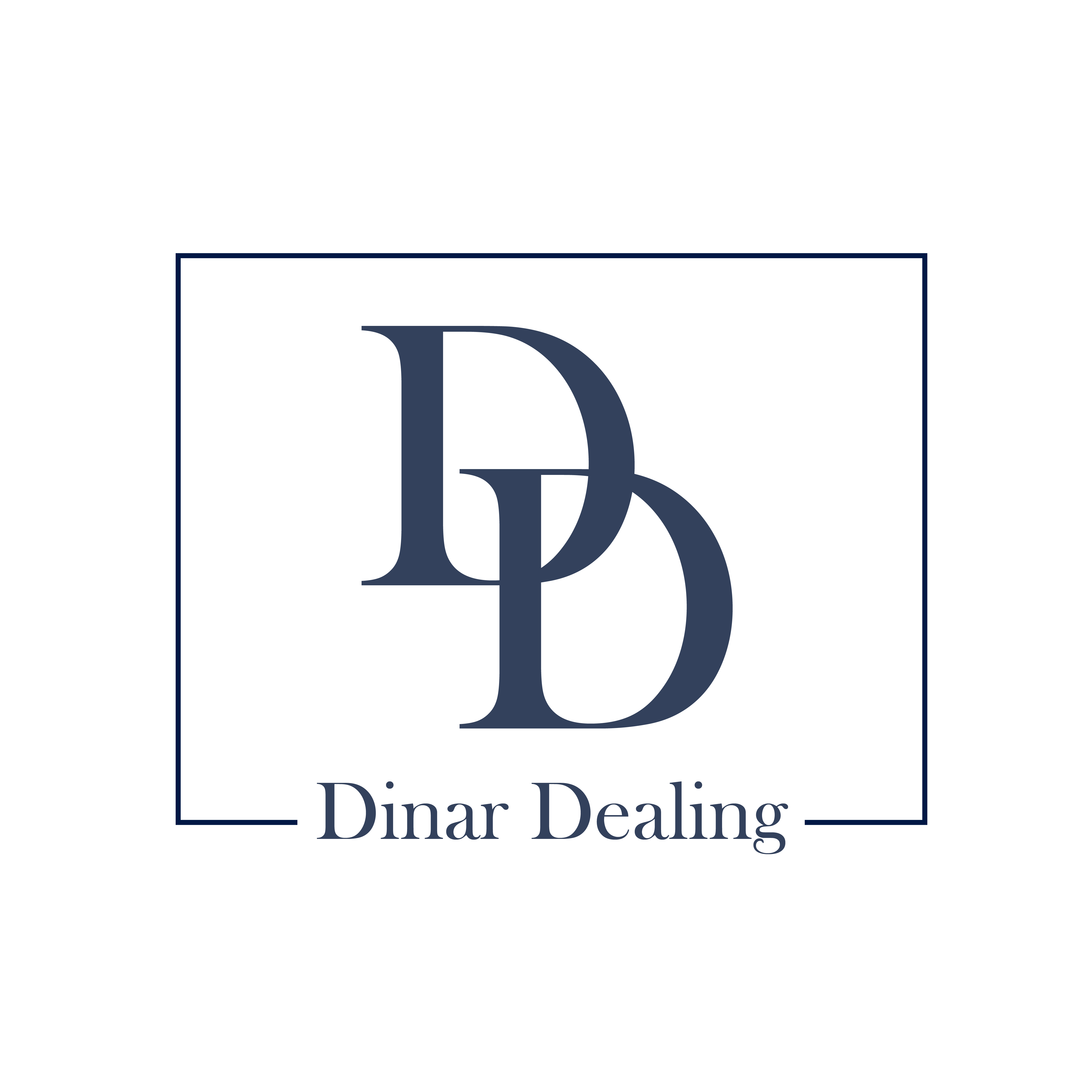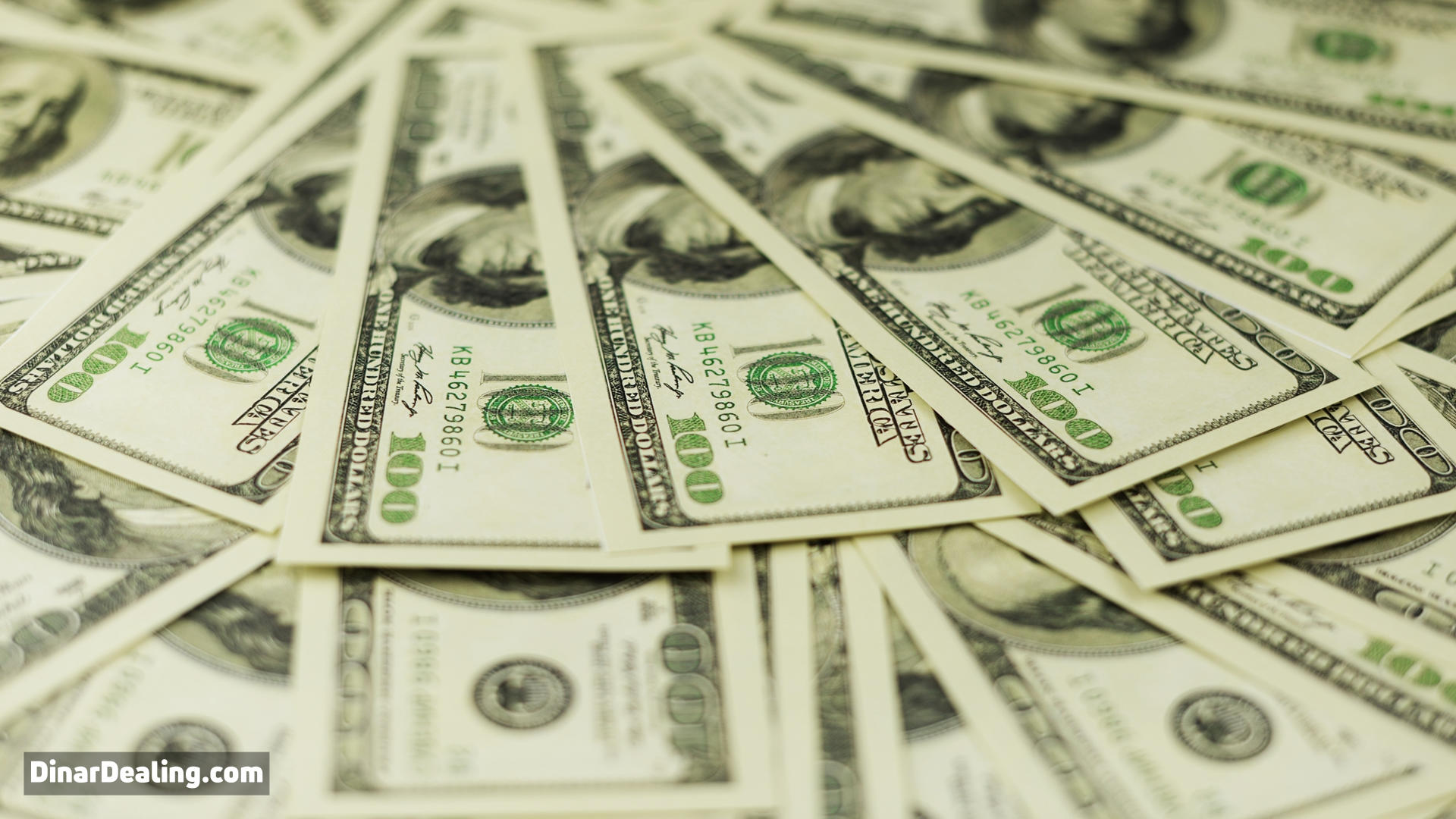When it comes to investing in foreign currency, the Iraqi Dinar has captured the interest of many individuals seeking potential gains. However, purchasing Iraqi Dinar can be somewhat complex, given the intricacies involved in foreign exchange and geopolitical considerations. If you’re contemplating where to buy Iraqi Dinar, it’s crucial to arm yourself with the right questions. Let’s delve into ten essential questions that can guide you through the process of purchasing Iraqi Dinar wisely and securely.
1. Is the Seller Reputable?
Before deciding where to buy Iraqi Dinar, verifying the reputation of the seller is paramount. Look for dealers that have been in business for a significant period and have positive customer reviews. Check if the dealer is registered with a reputable financial authority or currency exchange association. This will ensure you’re dealing with a legitimate vendor, reducing the risk of scams or fraudulent transactions.
2. Are the Rates Competitive?
Currency rates fluctuate, and different sellers may offer varied rates for Iraqi Dinar. It’s essential to compare the exchange rates offered by several dealers to ensure you’re getting the best possible deal. Remember that slightly lower rates from one dealer can mean significant savings, especially if you’re buying in larger quantities. Consider using online comparison tools to monitor these rates effectively.
3. What Additional Fees Are Involved?
Understanding the complete cost structure is crucial when purchasing Iraqi Dinar. Inquire about any hidden fees that might not be apparent at first glance. These could include transaction fees, delivery fees, or currency conversion charges. Make sure you have a clear picture of all the costs involved to ensure you’re not caught off guard by unexpected expenses.
4. Is There a Secure Payment Method?
Security of payment is another critical aspect when buying foreign currency. Opt for sellers who offer secure payment methods, such as credit card payments or escrow services, which provide added protection to your transaction. Avoid using untraceable payment methods or sending money through unsecured channels, as these increase the risk of fraud.
5. What Are the Delivery Options?
Delivery options can vary significantly between different dealers. Some might offer in-person pickups, while others provide home delivery services. It’s important to choose a dealer who offers a delivery method that suits your convenience and safety preferences. Ensure also that the delivery method complies with any legal regulations governing currency transportation in your region.
6. Does the Seller Provide Authenticity and Security Guarantees?
The authenticity of the currency is non-negotiable. Confirm that the seller provides a guarantee of authenticity and that the dinars you purchase are genuine and legally sourced. Additionally, inquire about any security measures the seller employs to protect your transaction and personal information during the purchase process.
7. What is the Seller’s Return or Exchange Policy?
Before making a purchase, it’s prudent to understand the seller’s return or exchange policy should any issue arise with your order. Verify if the dealer allows for returns or exchanges in the event of currency discrepancies or other problems. A clear and favorable policy can provide extra peace of mind when dealing with foreign currency transactions.
8. Are There Customer Support Services Available?
Having access to dedicated customer support can be extremely beneficial, especially when dealing with international transactions. Check if the seller provides reliable customer support services that can assist you with any questions or issues you might encounter before, during, or after your purchase. Trustworthy dealers should offer multiple channels of communication, including phone, email, or live chat.
9. How Does the Seller Handle Regulatory Compliance?
Currency exchange dealers must comply with various regulatory requirements. It’s important to ensure that the dealer you’re considering adheres to anti-money laundering laws and other relevant regulations. Sellers who are compliant will typically request identification to complete the transaction, reassuring you that they operate legitimately and ethically.
10. What Do Other Customers Say About the Seller?
Finally, one of the best ways to gauge the reliability of a currency dealer is to read reviews and testimonials from other customers. Look for feedback about their experiences regarding the transparency, service quality, and overall satisfaction. This information can provide valuable insights into the dealer’s trustworthiness and help you make an informed decision.
Choosing where to buy Iraqi Dinar involves thorough research and careful consideration of several essential factors. By asking the right questions, you can make a more informed and secure purchase, ensuring that your foreign currency investment aligns with your expectations and requirements. Remember, due diligence is key when dealing with any financial transactions, especially those involving foreign currency like the Iraqi Dinar.

